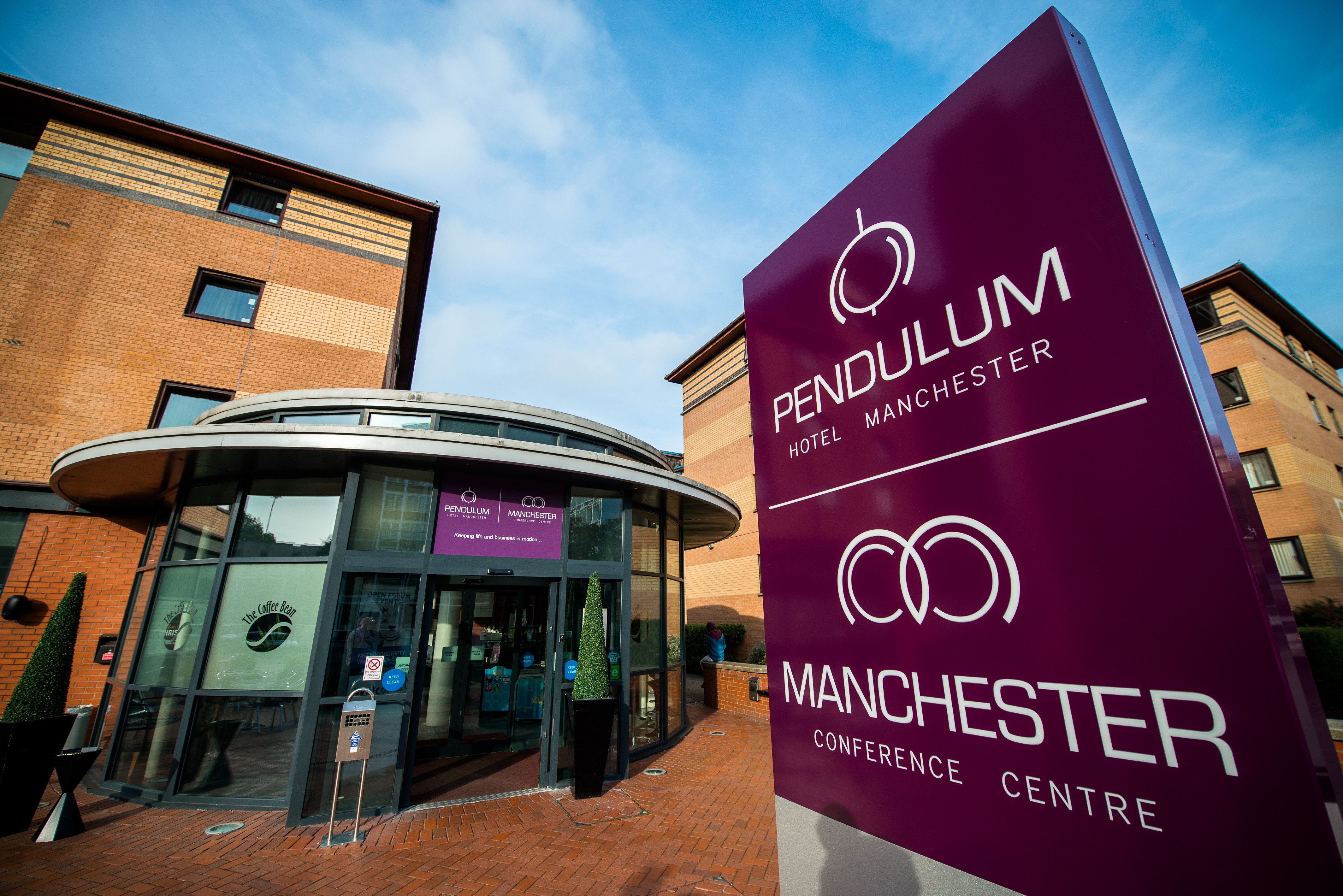In partnership with


CPD Certified Events


A new era for mental health care is on the horizon… Mental Health: Moving Forwards – The Five Year Plan will explore how the new national strategy for mental health services can drive action so that people across all ages can get the right help at the right time.
For the first time NHS England are publishing a five year strategy for mental health services to develop a new culture and new ways of working. Prevention, service quality and integration are at its core. The Five Year Forward View has provided a shared vision about what mental health care should like, now the vision needs to become reality.
The clear strategic themes are centred on prevention, access, quality and integration. These themes will drive system transformation and help to establish a framework with measureable objectives. The Five Year Forward View Mental Health Taskforce recognises that the NHS alone cannot transform mental health services – it is ‘everyone’s business.’ If we are to improve the experience of care both in and out of NHS settings then integration, access and co-production of services will be vital. So how do we do it?
Join us for our third annual Mental Health event in Manchester this March where those leading the five year strategy will offer practical guidance, advice and real examples to help transform and improve mental health care. You will gain a greater understanding of the forward direction, the likely impact on both services and service users, and the actions that can deliver real change.
This session will cover:
– The changing national understanding about mental health in the past 3 years
– The Prime Ministers Life chances strategy and the Mental health Taskforce
– International and national insights from Devolutions, vanguards, local transformations
– The challenges and opportunities for implementation going forward
– Leaders fit for the future: Are we ready?
Early identification and prevention strategies can help to stop the spiral into high cost of repeat crisis care and avoidable detention. How can mental health services and stakeholders drive collaborative care and prevent the burden of crisis care on services and patients?
Chosen as an NHS Five Year Forward View vanguard Dr Stevens will outline the work being done to improve mental health services at Southern Health NHS Foundation Trust.
2008/2009 saw the biggest impact on healthcare globally as the ripples of the global recession began to make their mark and hit Healthcare providers in the form of Budget cuts and Austerity was a new word. Meanwhile the technology and communications industry was being attacked by Consumerisation. Globally both industries had to embark on transformation programs that even today have to embrace partnerships outside their traditional comfort areas to survive and grow. We will look at what some of those innovative partnerships resulting in better patient centric services and met the Austerity challenge both in UK and other global markets and where we see the future for this convergence within mental health services.
The history of technology and CBT is a short one. The literature focusses primarily on computerized self-help and guided self-help, providing us with evidence that time spent with a therapist leads to better outcomes. IECBT is online, therapist delivered CBT using synchronous written communication. For the first time ever we are able to have access to transcripts of every therapy appointment, enabling us to understand therapist behaviour and fidelity to the CBT model. Ieso Digital Health are using this data to deliver high quality care by supporting therapists to become even more effective.
There is an opportunity to positively embrace getting back to defining what we need, where and when. New models should remember key principles such as effective needs assessment and ensuring services are viable. This requires whole system planning and workable financial flows to develop effective pathways which can better manage current capacity and unplanned need. Dr Haque will consider how provider networks are currently working flexibly to provide solutions within this context.
Isabella Goldie, Director of Development & Delivery, Mental Health Foundation
Damian Hart, Principal Development Manager, Merseyside Youth Association
Cllr Jacqui Dyer, Lambeth Council; Vice-Chair of Mental Health Taskforce
Andy Bell, Deputy Chief Executive, Centre for Mental Health
On the one hand there have been impressive progress in mental health services in recent years through initiatives such as co-production, psychiatric liaison and the Improving Access to Psychological Therapies (IAPT) programme. On the other hand recent data from NHS England shows that there were 8,139 serious incidents recorded by the 58 mental health trusts in England in 2014-15, an increase of more than a third over a two-year period. So what is the true state of mental health services and what actions can have the biggest impacts to improve care?
Discussing what the struggles for good mental health really look like and setting up the Clarke Carlisle Foundation to help dual-diagnosis sufferers.

Pendulum Hotel & Manchester Conference Centre is the ideal solution when searching for conference venues in Manchester. Top-of-the-range conference suites, 3 star value hotel accommodation, delicious dining and friendly service are the ideal components for a successful conference or event in the heart of the city centre.
The 18 conference rooms are decked out with all the mod cons including state-of-the-art AV technology, projectors and screens, free Wi-Fi and flip charts. Our clients cover the whole spectrum and include government organisations, trade unions, large corporate companies, non-profit organisations, health and education sectors and small to medium-sized businesses.
From the get-go we strive for excellence in everything we do and our dedicated team of conference professionals go all out to make sure your conference, event or exhibition runs like clockwork.